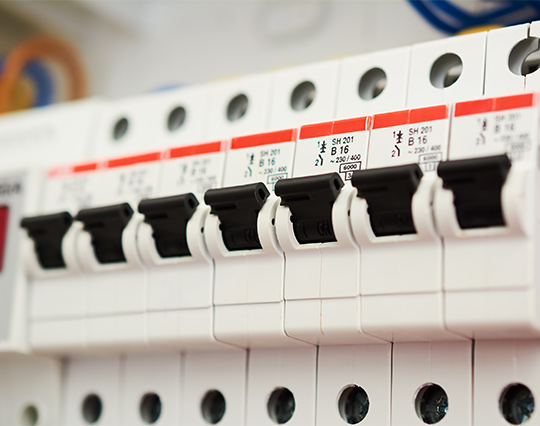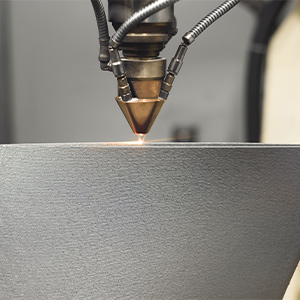What Causes Circuit Breakers To Trip?
Post By: Ryan King On: 23-03-2021
When your circuit breaker trips, you'll usually have to reset it in the fusebox. This might require going under the stairs or down to the garage, depending on where your circuit breaker is situated. Circuit breakers are commonly designed to interrupt the electric current when the switch is tripped, so you can safely restore the power when you reset it.
Even though a circuit breaker is a built-in safety device designed for your protection, constant tripping and resetting of the switch can get very annoying. If you know what’s causing the constant tripping, then you're in a position to do something about it.
What Is A Circuit Breaker?
Every home, and all business premises, will have a system of electrical circuits that are controlled and protected by a switching device that can cut off the power. This is typically located in a consumer unit or fuse panel. Most modern systems use circuit breakers that provide this control and protection, but some older systems may still be using fuses that will blow if overloaded. The circuit breaker cuts off the flow of electricity in order to prevent your circuits from overheating. If they do overheat, they'll cause damage to your circuits and could lead to an electrical fire.
An electrical circuit breaker is there to protect and control your electrical power system, together with any electrical devices that you might have connected to it. It's essentially just a switching device that you can operate either manually or automatically. The switch kicks in and trips the circuit breaker to cut off the electricity supply, in any circumstance when the flow is too strong or there's an excess load of current that the switch can't handle.

What Causes Circuit Breakers To Trip?
A circuit breaker will usually trip when there is an electrical fault that could cause damage to the circuit. This is usually an excess of current, a power surge or a faulty component. These events fall into three broad categories:
Overloads
Overloads are a common reason for circuit breakers to keep tripping. They happen when you put a greater electrical demand on a particular circuit than it's capable of producing, or if you have too many light fixtures or appliances going simultaneously. The excess demand will cause the circuit to overheat, which will then put at risk all the electrical appliances that are connected to that circuit.
The circuit breaker is designed for a certain capacity, which matches how much load the wires in a particular circuit can carry. For example, if you run a dishwasher and a tumble dryer on the same circuit, you're going to be drawing more than 20 amps of current. If the circuit is only designed to carry 15 amps it’ll be overloaded. The circuit breaker will trip so that the wires don't heat up excessively, and your appliances don't get fried circuits or catch fire.
If your circuit breaker is regularly tripping out, this indicates that you are demanding too much power from the circuit. In this case, you need to redistribute your appliances and devices onto different circuits, or even upgrade your system if it just doesn't have enough circuits for modern demands.
Short Circuits
Short circuits are an equally common reason for circuit breaker tripping, and they’re more dangerous. This happens when there is a fault in your electrical outlets and a live wire comes in contact with a neutral one. It can also happen if there is a loose connection or fault in the wiring of an appliance or plug.
If this occurs, the normal electrical resistance will be overridden, and too much current will suddenly flow through the circuit. This creates too much heat for the circuit, and the breaker will trip to shut off the circuit and prevent a fire. Sometimes you’ll notice a burning smell or some dark discolouration around the breaker, which indicates a short circuit.
Ground Fault Surges
Ground fault surges behave in the same way as short circuits, but involve a live wire touching a bare copper ground wire, or part of a metal outlet box to which the ground wire is connected. This will again cause an excess flow of electricity, and the breaker trips for the same reason. You will also see discolouration around the outlet.
These problems aren't just annoying; they can be dangerous. If your circuit breakers are tripping quite frequently, you could put your premises at risk unless you call for professional help with the issue. Never try to solve electrical problems on your own.
Get More From Rowse Straight To Your Inbox




